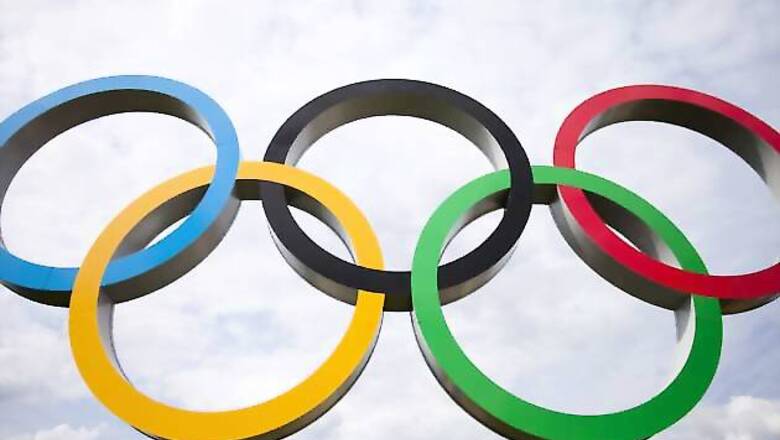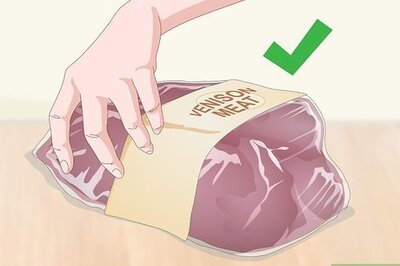
views
Following the match-fixing scandal that has rocked the 2012 London Olympics, we take a look at other controversial incidents in the history of the Games.
Ben Johnson storms to gold … then tests positive for steroids
Having stormed to gold in the 100m, Ben Johnson was sent home from the 1988 Seoul Olympics in disgrace. Three days after he won the race in a world record time of 9.79 seconds, the Canadian sprinter was stripped of his gold medal; samples of Johnson’s urine were tested for drugs immediately after the 100m final and traces of the anabolic steroid, Stanozol, were detected.
Johnson’s defence – that a herbal drink he consumed before the race had been spiked – was snubbed by the International Olympic Committee before he could appeal the verdict.
Back in Canada, Johnson was labeled a cheat by the media, though he did find some sympathy after admitting that a gold medal was more valuable than a world record because no one could take it away from him.
Harding v Kerrigan takes a nasty turn
American figure skaters Tonya Harding and Nancy Kerrigan shared a storied rivalry on the ice, but during the 1994 Winter Olympics in Lillehammer, Norway, matters turned ugly. In an attempt to sabotage her skating rival’s campaign, Harding had her ex-husband and bodyguard hire a man to attack Kerrigan, smashing her leg with a baton with hopes of preventing her from skating. Fortunately, Kerrigan did not suffer serious damage and was able to recover in time to win a silver medal in the women’s singles. Harding was charged with covering up the assault but allowed to compete; she finished eighth and later in 1994 was banned from American figure skating for life.
Marion Jones admits to steroid use
Following the 2000 Sydney Olympics, Marion Jones was stripped of her five medals when it was learned that she had taken performance enhancing drugs. In 2007, the American sprinter admitted to taking steroids for two years beginning in 1999. Her admissions cost her the three gold and two bronze medals she won in Sydney while enlarging the cloud of doubt hoveringover Olympic and professional sport. In 2008, Jones was sentenced to 6 months in jail for lying to federal agents during their BALCO investigation.
Canadian skaters robbed of medals, then upgraded
At the 2002 Winter Olympics, Russians Yelena Berezhnaya and Anton Sikharulidze were awarded the gold medal over Canadians Jamie Sale and David Pelletier in the figure skating pairs competition. The Canadians skated perfectly in their long program, but the Russians made a mistake. The judges’ decision was stupefying.
It was soon learned, however, that a French judge had voted for the Russian pair under pressure from the French figure skating organization. Sale and Pelletier were given gold medals instead of silver by the International Olympic Committee (IOC) and the Russian pair kept their gold medals as well. This deal capped a raging debate that engulfed the Games for nearly a week.
Greek sprinters evade drug test
In the build-up to the 2004 Athens Olympics, Greek sprinters Kostas Kenteris, the Sydney Olympics 200m gold medalist, and Katerina Thanou were billed as favorites to win gold medals in front of their home crowd. However, on the eve of the Games the duo missed a mandatory doping test and hours later ended up in hospital claiming they had been involved in a motorcycle accident. A week later, they withdrew from the Olympics.
The Greek Olympic Committee suspended the duo and the IOC set up a panel to inquire the case. In May 2011, after four years of deferral, a court found the two sprinters guilty of perjury.
















Comments
0 comment